Stopping bone loss or osteoporosis might be easier than you think. There are some healthy lifestyle changes you can make that will keep your bones stronger for longer. These relate mainly to diet, exercise, and balancing hormones.
Don’t hesitate to seek medical assistance if you believe you are losing bone mass or are at risk. You may need to start treatment, strengthening exercises and/or physical therapy straight away.
So, knowing and understanding the causes, triggers and risk factors for bone loss can set you on the right path. Here are some of the main causes of this serious condition.
Hormonal Changes Cause Bone Loss
A healthy body requires your hormones to be in balance. For instance, if you have too much thyroid hormones your bone mass can decrease, meaning that your bones become brittle. This, in turn makes a fracture more likely in a fall.
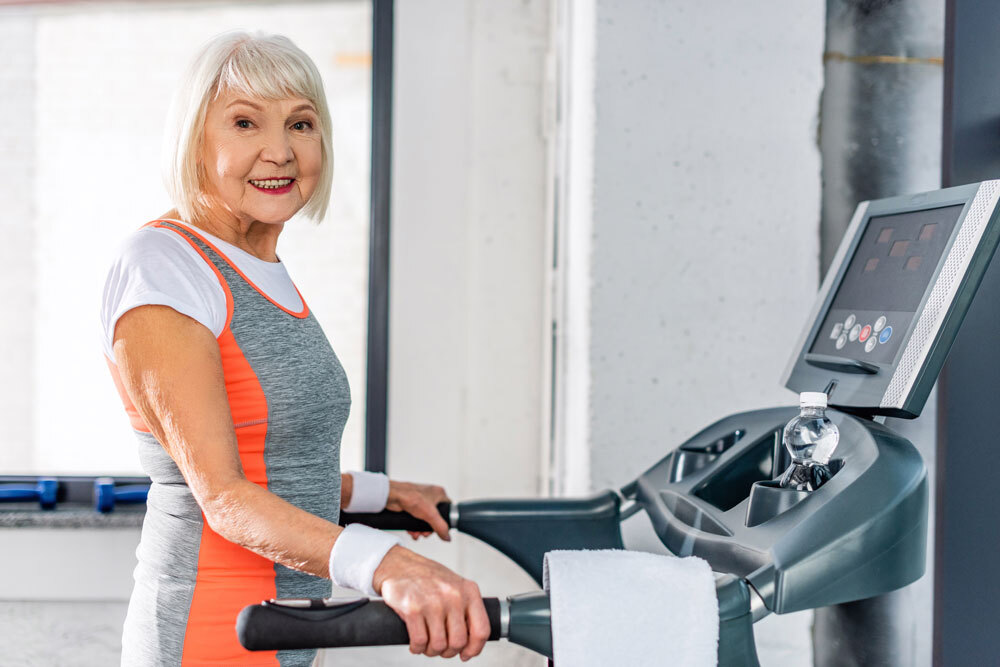
Older women tend to be at greater risk of bone loss than men. This is because after menopause estrogen levels may drop off dramatically. Lower testosterone levels in older men also increase the risk of an accelerated reduction in bone mass. Treatments for prostate cancer in men and breast cancer in women can also increase the risk of osteoporosis.
Lack of Exercise
Our bodies are not designed for inactivity or sitting for many hours a day in chairs. It’s important to stay physically active throughout your life as this helps reduce the risk of bone loss. For hundreds of thousands of years humans moved around to find food.
That’s why older men and women should ensure they have a regular exercise routine. If you or a loved one are recovering from surgery, a physical therapist can train you in safe exercising. Don’t overdo it – always build up your exercises step by step.
Weight-bearing exercises such as walking, jogging, swimming, dancing or climbing stairs are beneficial for bone mass.
Poor Eating Habits
Bones are made of collagen, calcium and other substances and are supported by the food we eat. Healthy bones require healthy diets with plenty of calcium and other minerals that are vital for bone density and regrowth.
Dairy products, almonds, broccoli, kale, sardines and tofu are examples of calcium-rich foods which can slow bone loss. Vitamin D found, for instance, in oily fish, mushrooms, and eggs helps your body absorb calcium. If you are not sure if your calcium intake is sufficient, consult your doctor who may recommend supplements.
At Haym Salomon Home For Nursing & Rehabilitation in Brooklyn NY, we provide nutrition education to our patients to boost health and wellness. Furthermore, our rehab therapists are experienced in helping patients with reduced bone mass to stave off osteoporosis and bone loss. A sedentary lifestyle, regular stress, excessive alcohol consumption, and smoking are bad habits that can put you at increased risk of osteoporosis.
Contact us if you or your loved on need assistance with activities of daily living. We specialize in providing care and services to those who cannot perform such tasks. Let us know your questions and concerns. We are here to help.
This content comprises informative and educational resources only and can not be considered as a substitute for professional health or medical guidance. Reliance on any information provided in this article is solely at your own risk. If you have any inquiries or apprehensions about your medical condition or health goals, talk with a licensed physician or healthcare provider.


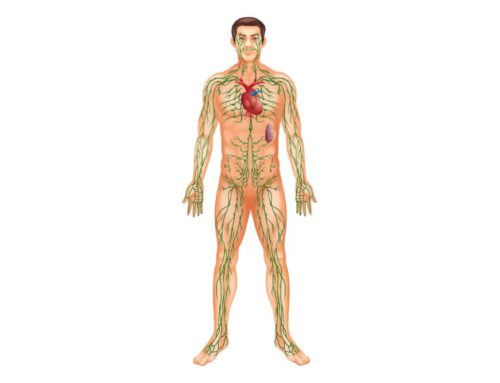
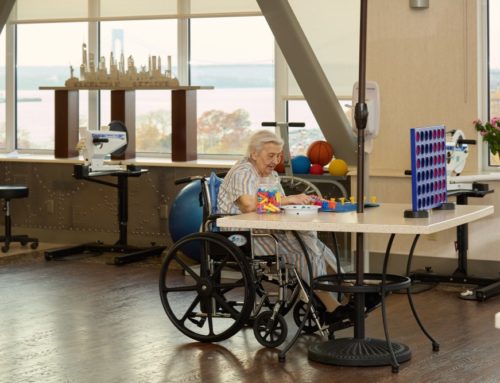
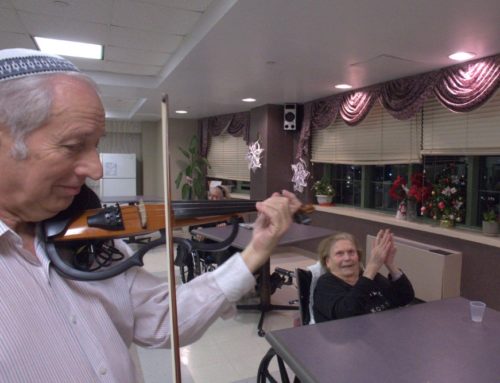
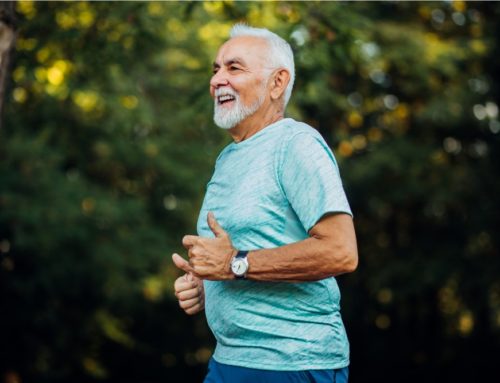
Leave A Comment